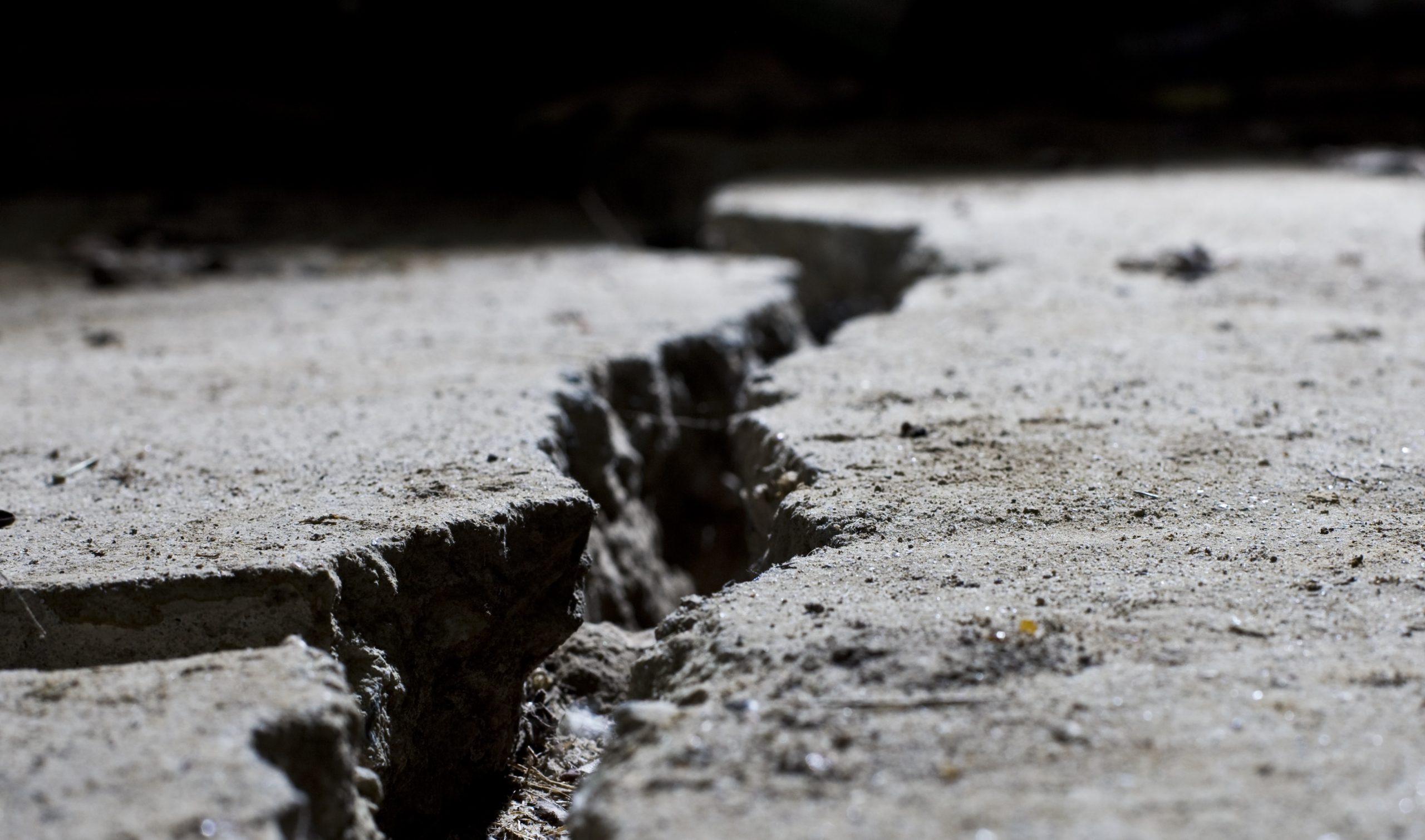The World Health Organization (WHO) has issued a warning over the potential outbreaks of malaria, dengue fever, and hepatitis following the recent earthquake in Myanmar.
The risk of these diseases spreading has increased due to the destruction of water and sanitation infrastructure in affected areas.
According to a WAM report, Dr. Thushara Fernando, WHO Representative in Myanmar, spoke via video after visiting the quake-hit regions, including Nay Pyi Taw. He stated that hospitals are overcrowded, medical supplies are running low, and power and fuel shortages are worsening.
Fernando expressed special concern for vulnerable groups, such as pregnant women, children, and individuals with chronic conditions like diabetes and heart disease. These groups are at higher risk of complications due to the lack of access to essential medical treatment.
WHO closely monitors the condition of hospitals and healthcare facilities in affected areas. Three hospitals have been severely damaged, and 22 others have sustained partial damage, but they remain operational and continue treating critically injured patients.
WHO has already sent three tonnes of emergency medical supplies to hospitals in Mandalay and Nay Pyi Taw. These supplies were delivered within 24 hours of the disaster to assist in immediate medical needs.
A second shipment of medical supplies is expected in the coming days. WHO continues to assess the needs of the affected regions, especially as access to clean water remains limited, further heightening the risk of disease outbreaks.




